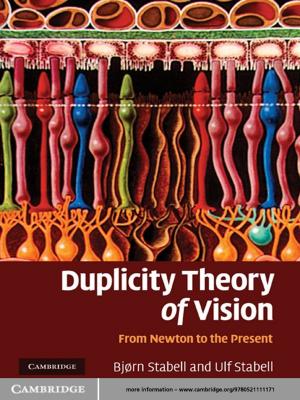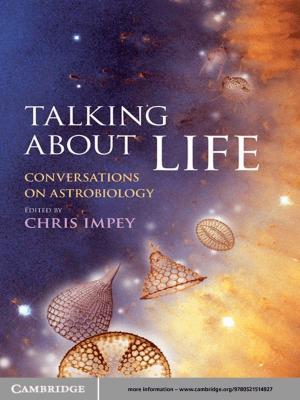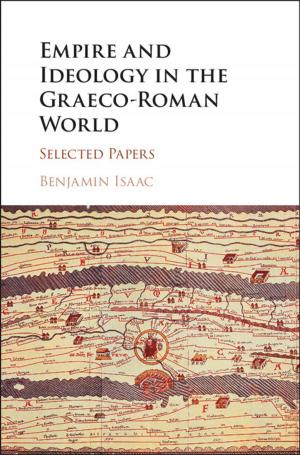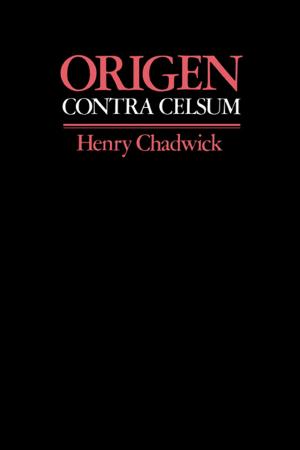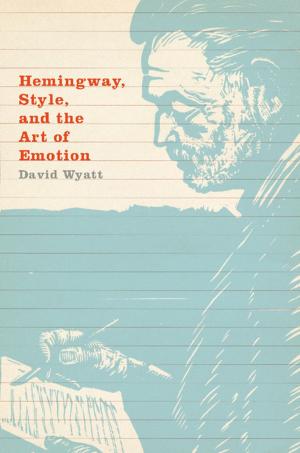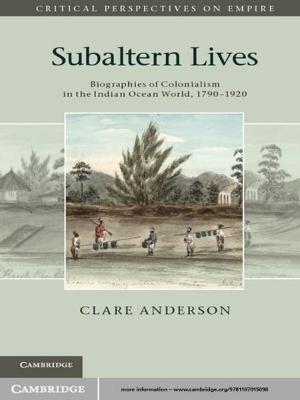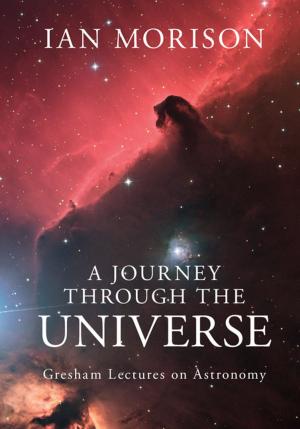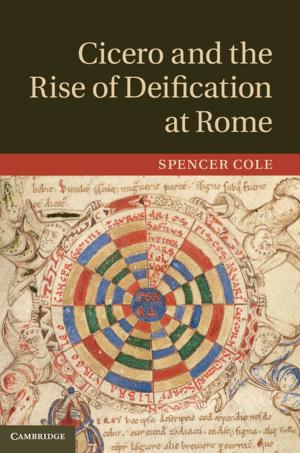Writing about Archaeology
Nonfiction, Social & Cultural Studies, Social Science, Archaeology, History| Author: | Graham Connah | ISBN: | 9781139793483 |
| Publisher: | Cambridge University Press | Publication: | March 8, 2010 |
| Imprint: | Cambridge University Press | Language: | English |
| Author: | Graham Connah |
| ISBN: | 9781139793483 |
| Publisher: | Cambridge University Press |
| Publication: | March 8, 2010 |
| Imprint: | Cambridge University Press |
| Language: | English |
In this book, Graham Connah offers an overview of archaeological authorship: its diversity, its challenges, and its methodology. Based on his own experiences, he presents his personal views about the task of writing about archaeology. The book is not intended to be a technical manual. Instead, Connah aims to encourage archaeologists who write about their subject to think about the process of writing. He writes with the beginning author in mind, but the book will be of interest to all archaeologists who plan to publish their work. Connah's overall premise is that those who write about archaeology need to be less concerned with content and more concerned with how they present it. It is not enough to be a good archaeologist. One must also become a good writer and be able to communicate effectively. Archaeology, he argues, is above all a literary discipline.
In this book, Graham Connah offers an overview of archaeological authorship: its diversity, its challenges, and its methodology. Based on his own experiences, he presents his personal views about the task of writing about archaeology. The book is not intended to be a technical manual. Instead, Connah aims to encourage archaeologists who write about their subject to think about the process of writing. He writes with the beginning author in mind, but the book will be of interest to all archaeologists who plan to publish their work. Connah's overall premise is that those who write about archaeology need to be less concerned with content and more concerned with how they present it. It is not enough to be a good archaeologist. One must also become a good writer and be able to communicate effectively. Archaeology, he argues, is above all a literary discipline.



